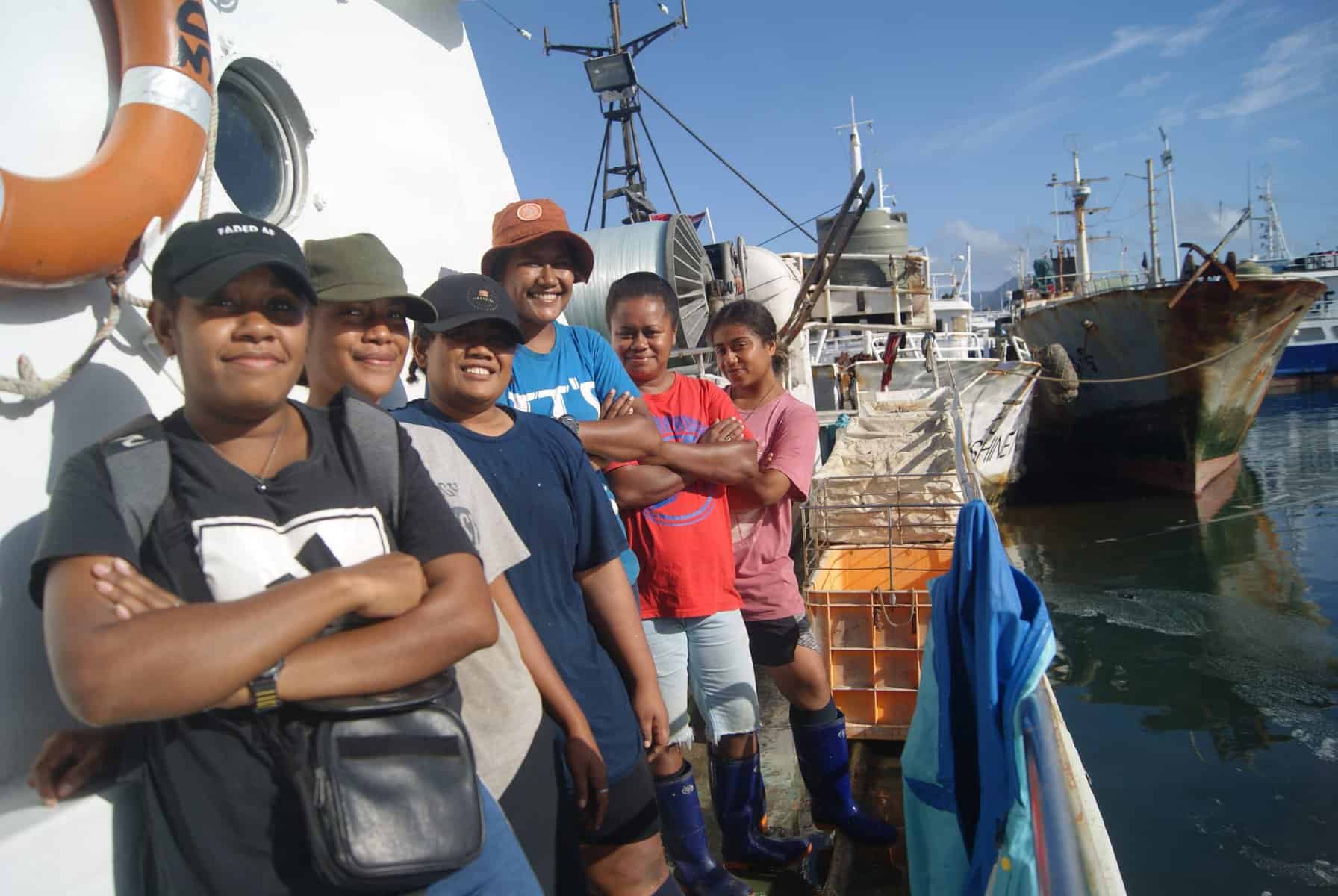The Seaka II pioneers
When the ‘Seaka Pirates’ all-female deck crew cast off on their first fishing trip on a tuna longline vessel last month, they were fulfilling the ambitions of a program devised by the Pacific Islands Forum Fisheries Agency (FFA), Fiji Maritime Academy and Fijian fishing company SeaQuest Fiji to get more women working on boats in the important industry.
While many of the crew members had already started to accrue their hours at sea prior to the pandemic, the Seaka II crew also included 22-year-old mother, Viviana Bogitini, who was on . . .
Please Subscribe to view full content...
